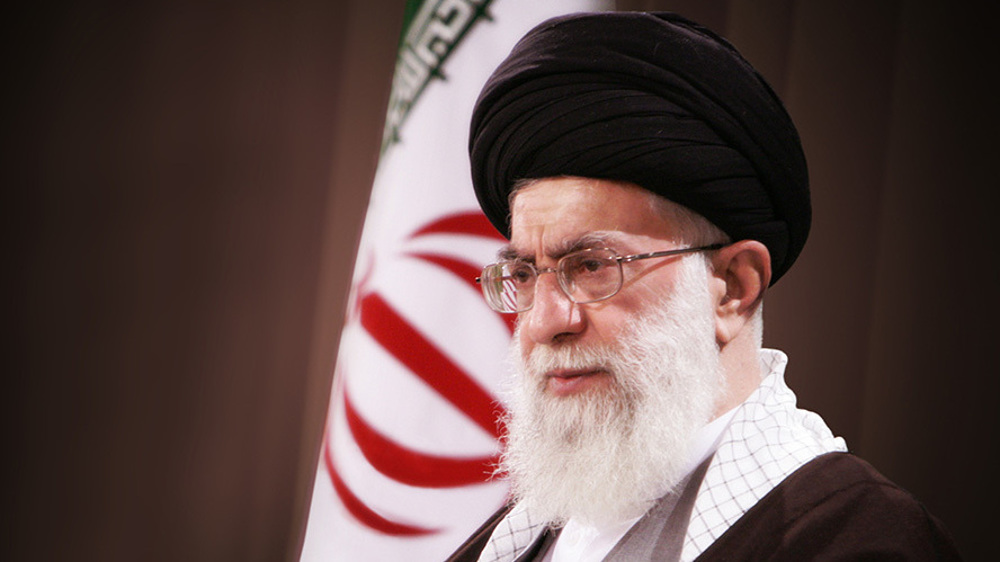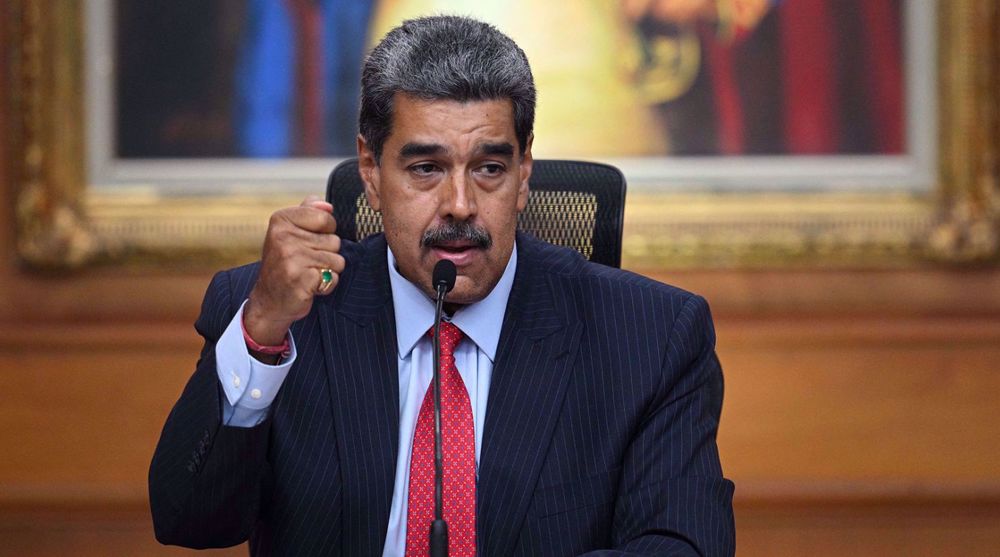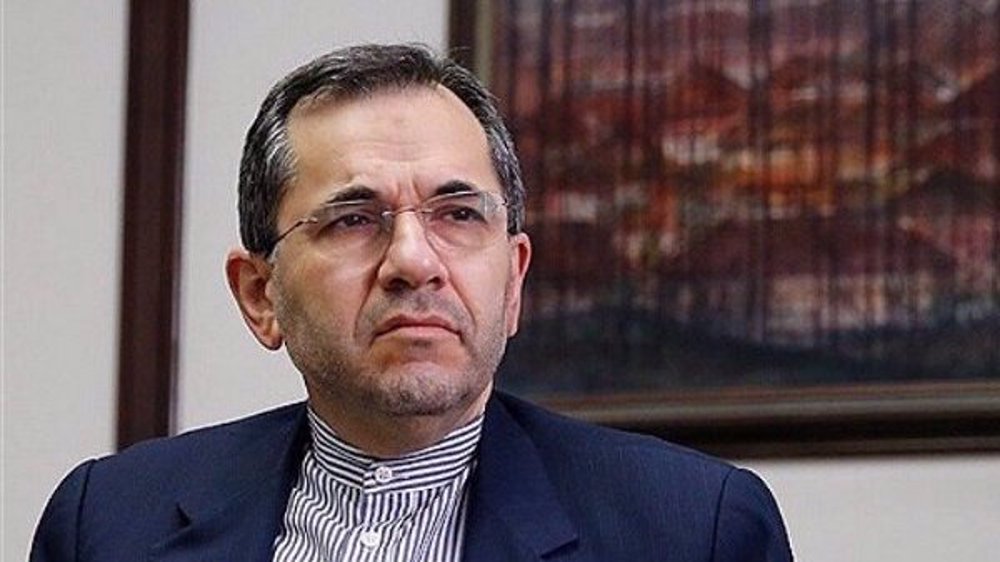Iran-Germany ties connect Mideast, Europe: Rouhani
Iran’s President Hassan Rouhani says broad relations between Iran and Germany can bring countries in the Middle East and Europe closer.
Rouhani made the remarks in a Monday meeting with German Economy and Energy Minister Sigmar Gabriel, who is heading a high-ranking delegation in a three-day visit to Iran.
"We hope that the German delegation plays its positive role in the expansion of Iran’s ties with Europe as it did so during [Iran's nuclear] negotiations" with the P5+1 group of countries, the Iranian president said.
Rouhani stressed the importance of taking confidence-building measures to fulfill commitments envisaged in the conclusion of the nuclear negotiations in the Austrian capital Vienna, saying enhanced trade and economic ties between Iran and the six world powers is a means to guarantee the implementation of the accord.
Iran will remain committed to its undertakings if the opposite side does so, Rouhani said, emphasizing that the proper implementation of the agreement would be beneficial to all.
He further said that Iran and Germany should improve economic, cultural and political relations.
Iran and the P5+1 countries – the United States, Britain, France, China and Russia plus Germany – succeeded in finalizing the text of an agreement, dubbed the Joint Comprehensive Plan of Action (JCPOA), in Vienna on July 14 after 18 days of intense negotiations and all-nighters that capped around 23 months of talks between Iran and the six world powers.
Under the JCPOA, limits will be put on Iran’s nuclear activities in exchange for, among other things, the removal of all economic and financial bans, against the Islamic Republic.
The Unite Nations Security Council on Monday unanimously endorsed a draft resolution turning the JCPOA into international law. All 15 members of the body voted for the draft UN resolution in New York, setting the stage for the lifting of the Security Council sanctions against Iran.
Germany’s keenness to return to Iran
Gabriel, who is also Germany's vice chancellor, said German tradesmen are keen to return to Iran and cooperate with their Iranian partners.
He welcomed the Vienna nuclear agreement which Germany regards as a new starting point for Tehran-Berlin ties and for relations between Iran and European countries.
The German delegation arrived in Tehran on Sunday to hold high-level economic and trade talks with senior Iranian officials.
Meanwhile, in a Monday meeting with the German economy minister in Tehran, Iranian Foreign Minister Mohammad Javad Zarif expressed hope that Tehran and Berlin would take steps towards bolstering relations in various fields.

Referring to the latest developments in the Middle East region, Zarif said terrorism and extremism are among “the most serious” threats to regional states.
“The Islamic Republic of Iran, as a stable and powerful country in the region, is ready to counter these threats,” Zarif added.
Gabriel, for his part, urged the expansion of Tehran-Berlin cooperation, particularly in the field of economy.
VIDEO | Hezbollah rains attack drones down on elite Israeli brigade
Leader: All captains of criminal, Zionist, terrorist gang must be prosecuted
Iran further raises its oil prices for Chinese buyers: Report
Iran to launch major pressure-boosting projects in South Pars
VIDEO | Escalation amid ceasefire talks
EU's Borrell says ICC arrest warrants for Israeli leaders binding
VIDEO | Press TV's News Headlines
VIDEO | Massacre in Pakistan’s Parachinar sparks outrage










 This makes it easy to access the Press TV website
This makes it easy to access the Press TV website